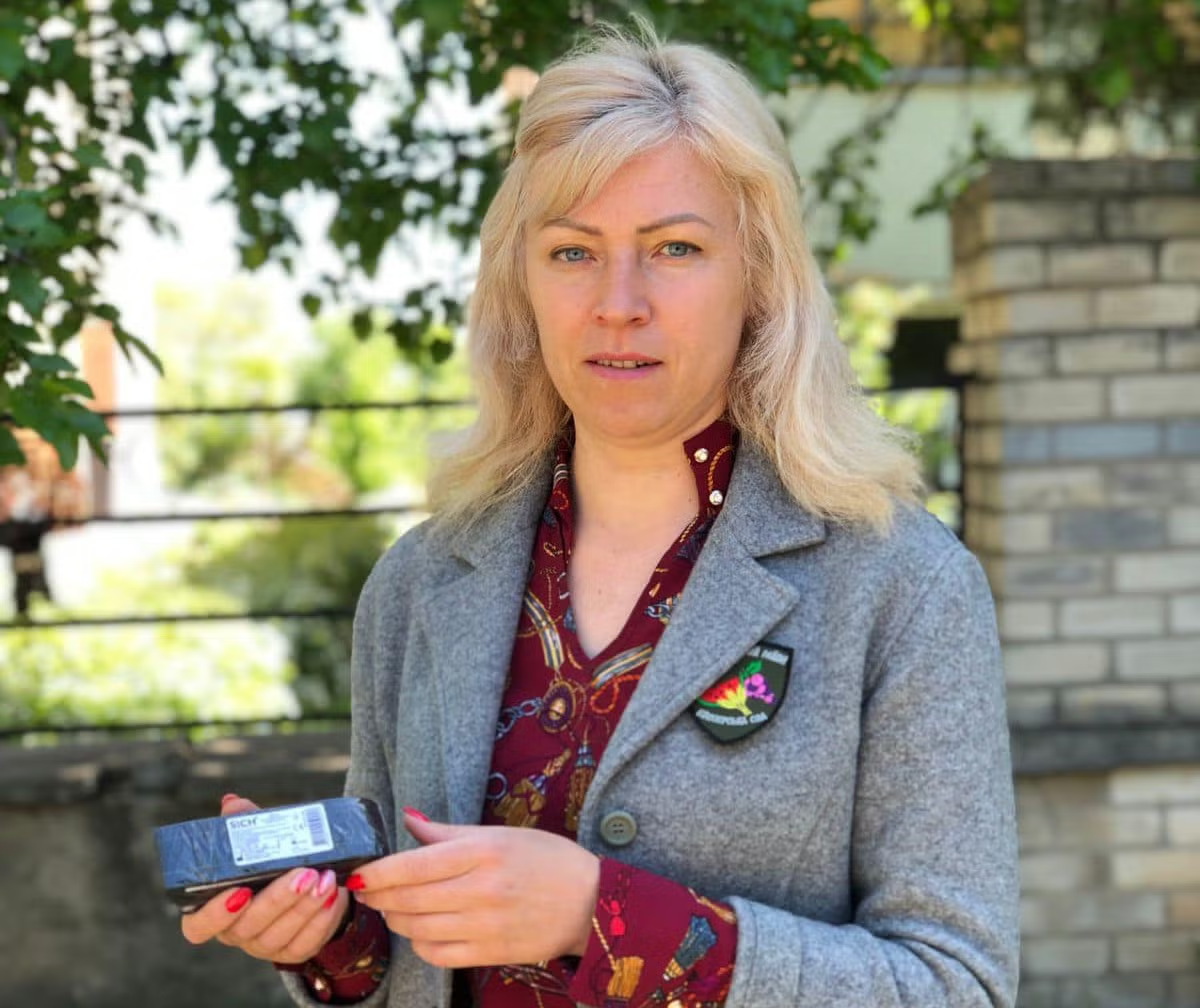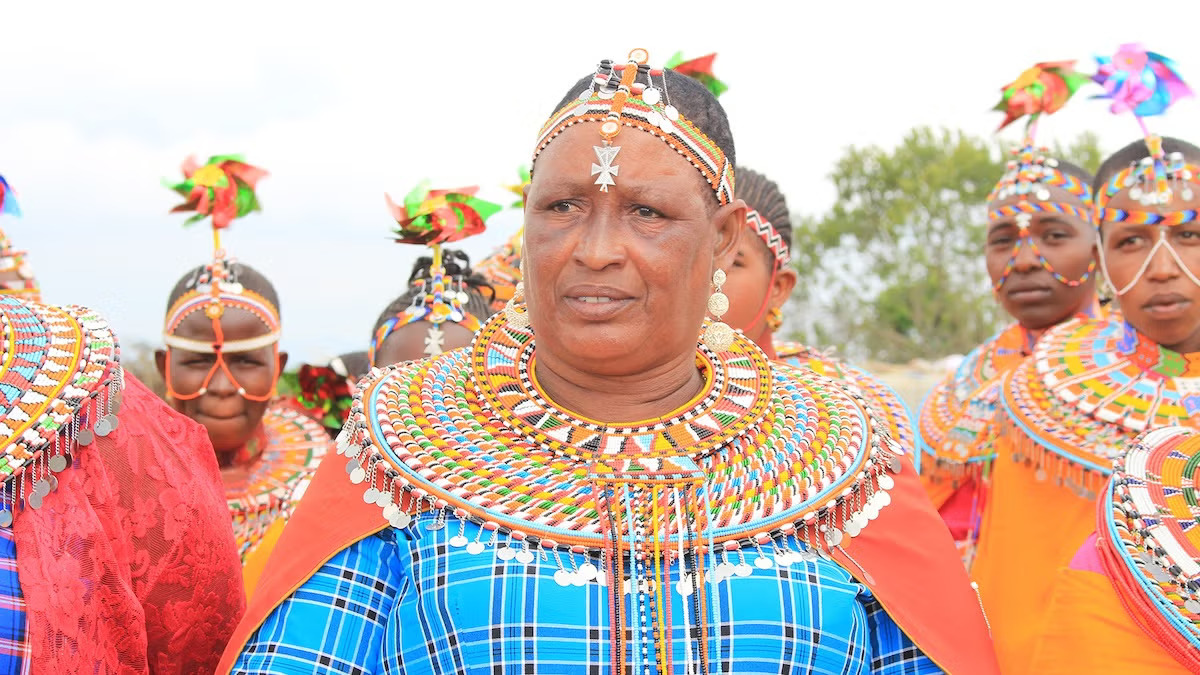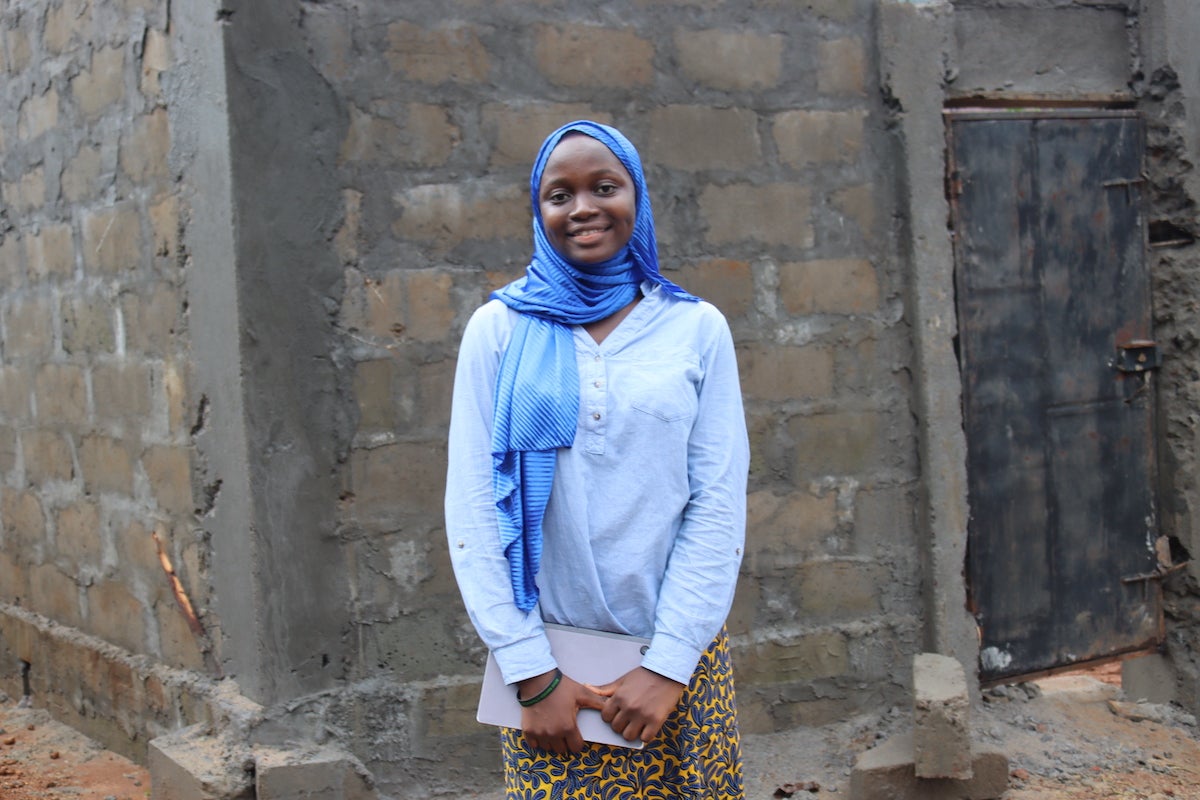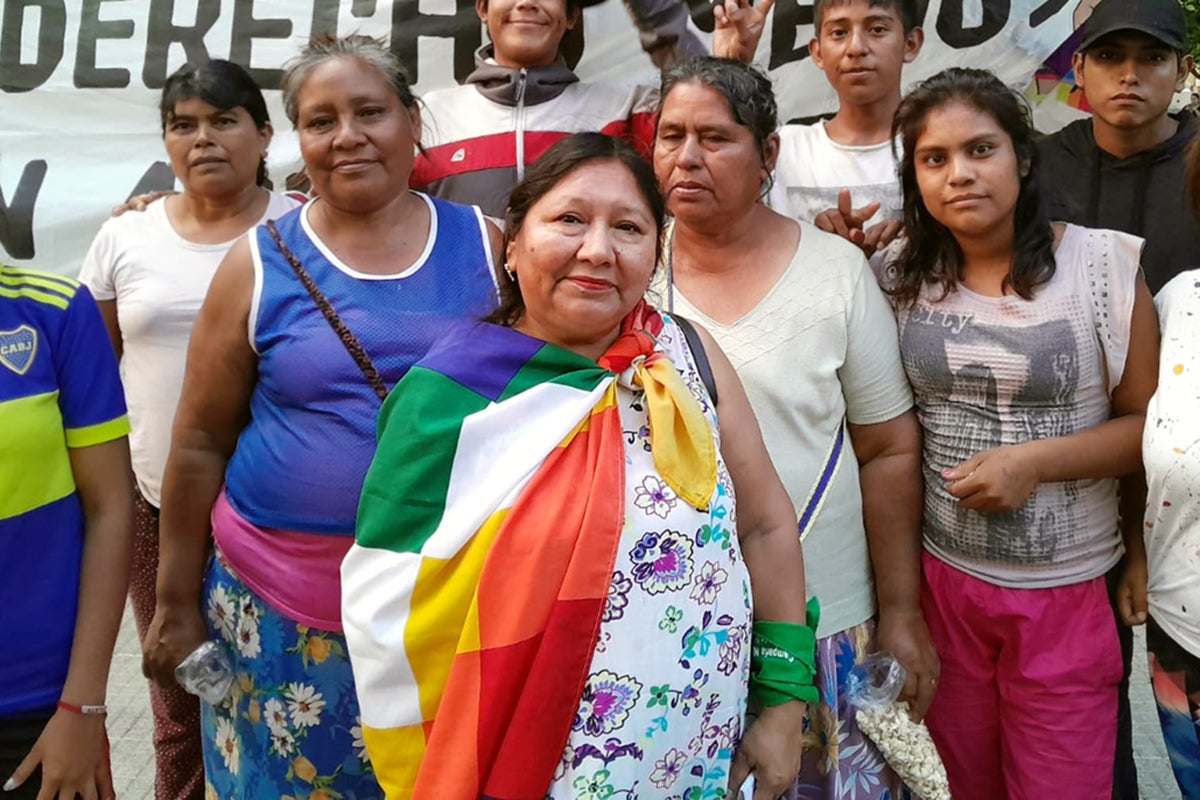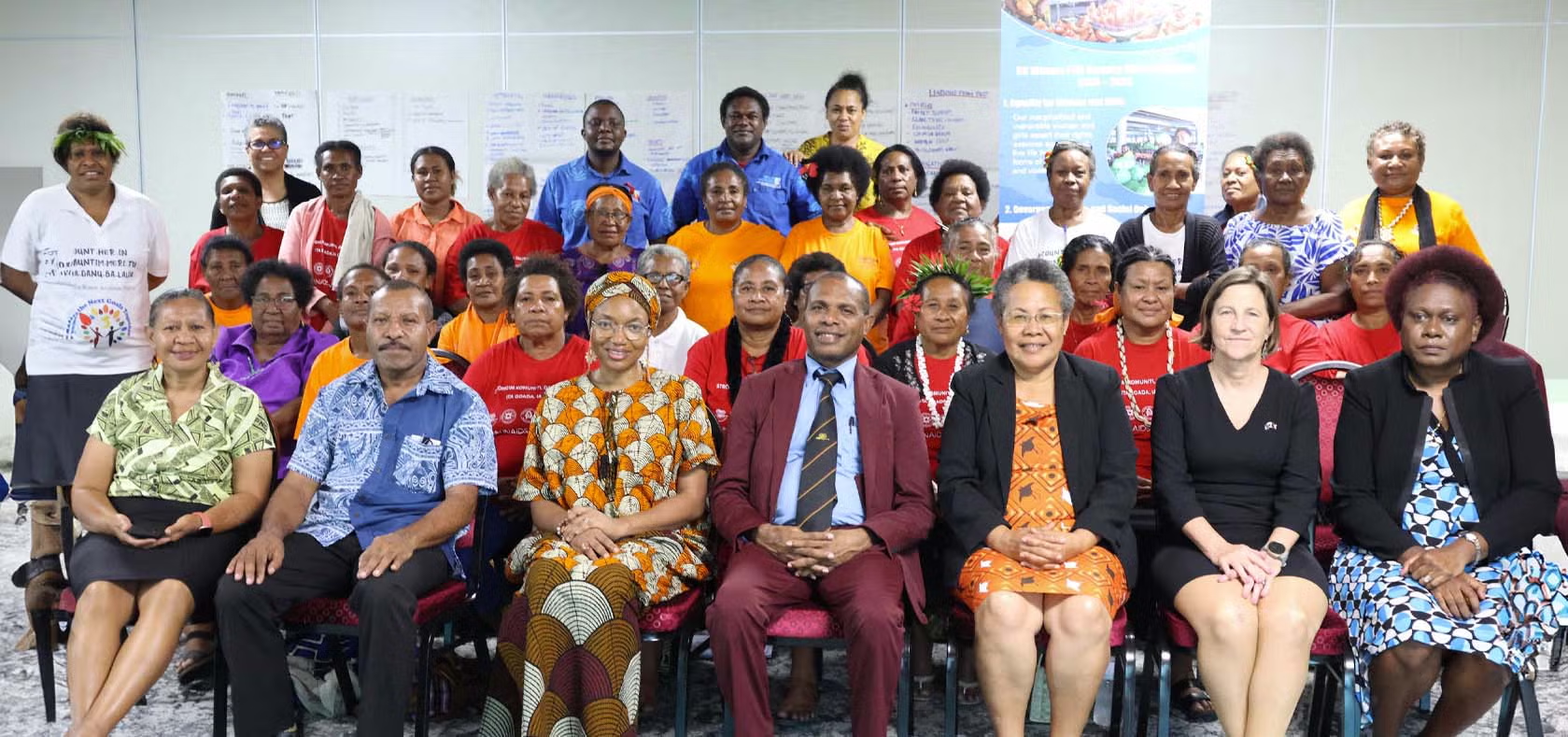Our Global Results
Overview of impact
Legend
Regional office Multi-country office Country office PresenceFinancial flows (expenses) in 2024
Find out where UN Women's resources come from, where they go and how they are changing the lives of women and girls.
Impact indicators in 2024
The official SDG indicator is made up of disaggregation by national parliaments (5.5.1a) and local governments (5.5.1b). UN Women is custodian of SDG indicator 5.5.1b. Disaggregation by executive positions/ministers (cabinets) will also be monitored by UN Women.
Common indicators are those that appear verbatim the same in at least two entities' results frameworks and are drawn, where possible, directly from other globally agreed frameworks.
Common

Common indicators are those that appear verbatim the same in at least two entities' results frameworks and are drawn, where possible, directly from other globally agreed frameworks.
Common



Complementary indicators are identified as those in the results framework that are not repeated verbatim in the results framework of another United Nations entity, but are related or provide different but complementary lenses or insights into the same issue, high-level result and/or area of complementary work, such as a Sustainable Development Goal target.
Complementary


